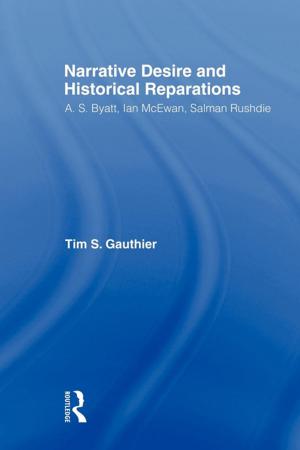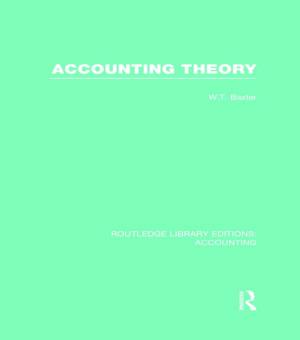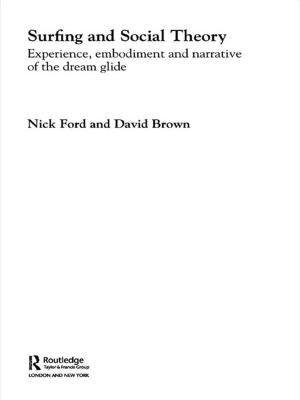Sound & Hearing
A Conceptual Introduction
Nonfiction, Reference & Language, Language Arts, Public Speaking, Speech| Author: | R. Duncan Luce | ISBN: | 9781317759799 |
| Publisher: | Taylor and Francis | Publication: | October 31, 2013 |
| Imprint: | Psychology Press | Language: | English |
| Author: | R. Duncan Luce |
| ISBN: | 9781317759799 |
| Publisher: | Taylor and Francis |
| Publication: | October 31, 2013 |
| Imprint: | Psychology Press |
| Language: | English |
The major aim of this book is to introduce the ways in which scientists approach and think about a phenomenon -- hearing -- that intersects three quite different disciplines: the physics of sound sources and the propagation of sound through air and other materials, the anatomy and physiology of the transformation of the physical sound into neural activity in the brain, and the psychology of the perception we call hearing. Physics, biology, and psychology each play a role in understanding how and what we hear.
The text evolved over the past decade in an attempt to convey something about scientific thinking, as evidenced in the domain of sounds and their perception, to students whose primary focus is not science. It does so using a minimum of mathematics (high school functions such as linear, logarithmic, sine, and power) without compromising scientific integrity. A significant enrichment is the availability of a compact disc (CD) containing over 20 examples of acoustic demonstrations referred to in the book. These demonstrations, which range from echo effects and filtered noise to categorical speech perception and total more than 45 minutes, are invaluable resources for making the text come alive.
The major aim of this book is to introduce the ways in which scientists approach and think about a phenomenon -- hearing -- that intersects three quite different disciplines: the physics of sound sources and the propagation of sound through air and other materials, the anatomy and physiology of the transformation of the physical sound into neural activity in the brain, and the psychology of the perception we call hearing. Physics, biology, and psychology each play a role in understanding how and what we hear.
The text evolved over the past decade in an attempt to convey something about scientific thinking, as evidenced in the domain of sounds and their perception, to students whose primary focus is not science. It does so using a minimum of mathematics (high school functions such as linear, logarithmic, sine, and power) without compromising scientific integrity. A significant enrichment is the availability of a compact disc (CD) containing over 20 examples of acoustic demonstrations referred to in the book. These demonstrations, which range from echo effects and filtered noise to categorical speech perception and total more than 45 minutes, are invaluable resources for making the text come alive.















